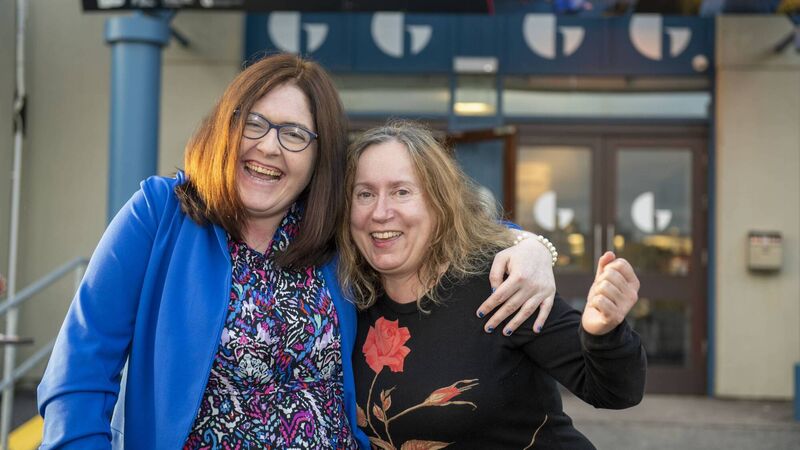Why representation of people with intellectual disability on stage and screen is so important

The World Premiere of Blue Teapot Theatre Company and Abbey Theatre Co’s production of Into The Dark Woods by Charlene Kelly (pictured here with Sonja Brodie). Picture: Andrew Downes, xposure







